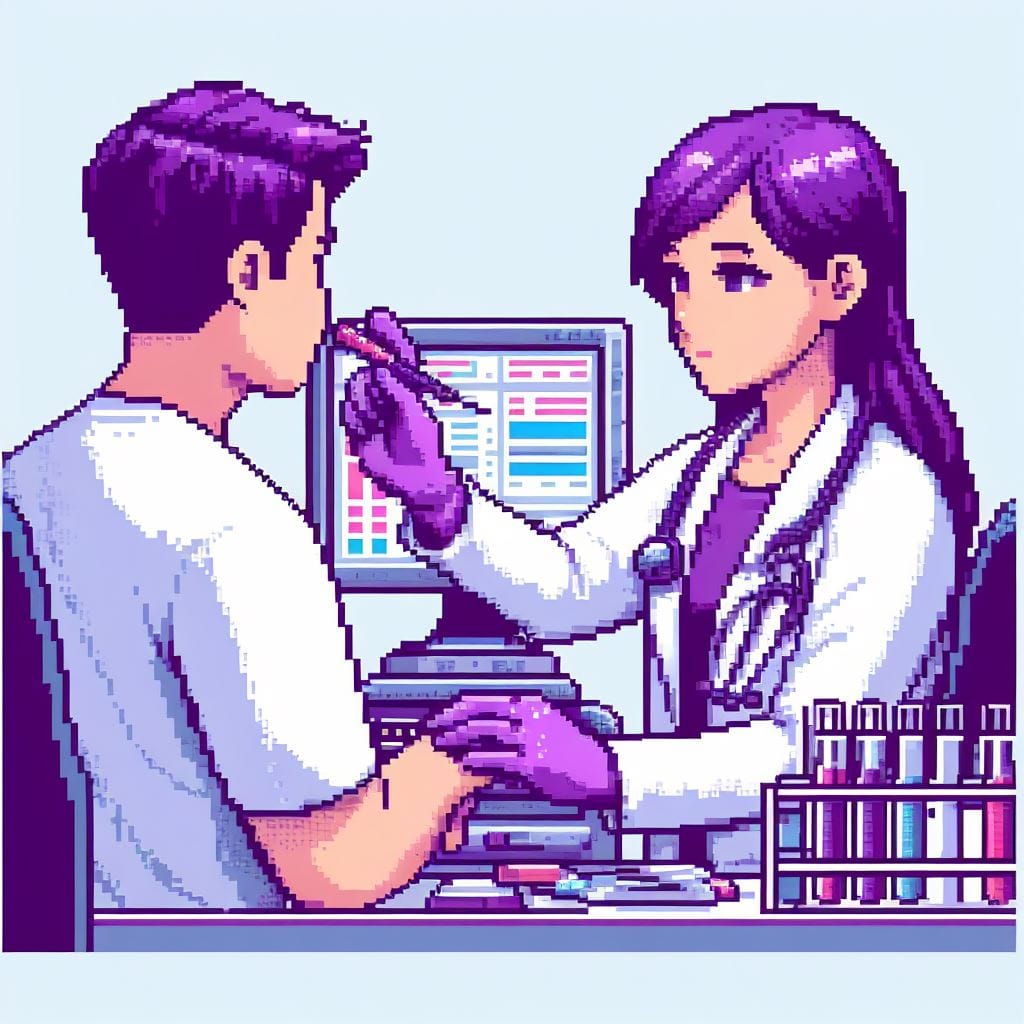So, now that I've been told told I have cancer, what is next? Well it is pretty simple, tests, tests, and more tests! The doctors need to figure out what is the source of these cancer cells, what type and the stage or progression. Honestly, this might be the most stressful part of the process.
Building Your Treatment Team
From my experience, treating cancer is a team sport! Your team is lead by an oncologist who coordinates amongst the other specialists and ultimatly builds the wholistic treatment plan. In my case my lead oncologist is also responsible for my chemotherapy treatments. The second member of my team is a second oncologist, this time one who specializes in radiological oncology. This doctor will be responsible for any radiation treatments I receive in addition to my chemotherapy. The other members of my team are various specialists focusing on related areas influenced by my cancer type. So in my case of Head and Neck cancer, I have consultations with an Ear, Noise and Throat specialist. I also have consultations with a nutritionist to monitor my weight, nutritional intake, and other similar topics. The treatment team may vary, but these are the majors members of mine.
Let The Tests Begin
The first test I took was a head-to-toe PET/CT scan to locate any cancer activity in my body. This was done through the use of a glucose based contrast. Cancer cells feed on glucose and do so at a rate higher than normal cells in the body. As the cancer cells feed on the glucose contrast they "light up" on the PET/CT scan, showing the locations of suspected cancer.
Following this was a visit to the Ear Nose and Throat specialist. Trust me, if you haven't done it before, there is nothing quite like having a little camera stuck up your nose and navigating into the back of your throat.
Next came an MRI of my head and brain. Although the PET/CT is very good at seeing cancer activity, the brain always shows activity. So an MRI is required to see cancers here.
In between all of these tests (and I feel like I might be forgetting a couple), there are various consultations. Generally these are just introductory visits to allow me to ask questions of the specialist and explain aspects of upcoming tests/exams or future treatment.
This Is Taking Forever
Listing the various appointments out makes them seem pretty minimal, however, all of this spanned a period of about a month and a half. Of course nothing is quick and generally it took a week or sometimes more to get an appointment with some of these specialists. After each test was also a waiting period of receiving the results and then setting up follow-up appointments to discuss the results with the doctor.
Honestly, I think this was the worst part. Finding out you have cancer starts the mind racing in circles, wondering what type, how severe, is it treatable, and more. Waiting to hear back from each test to learn a little more is difficult. However, once you think you have a grasp on the topic, there is a new test and the uncertainty and fear starts all over again. Some days were easier than others and I was able to stay busy enough not to dwell on the possibilities.

Member discussion: